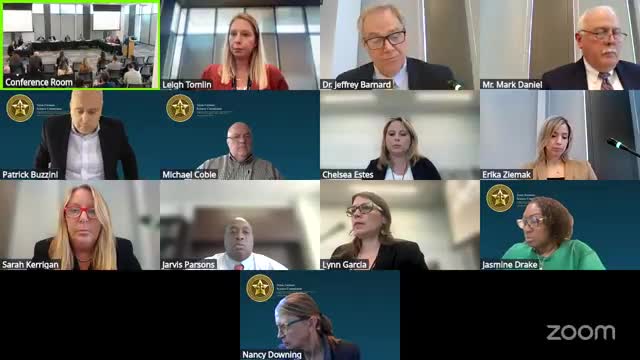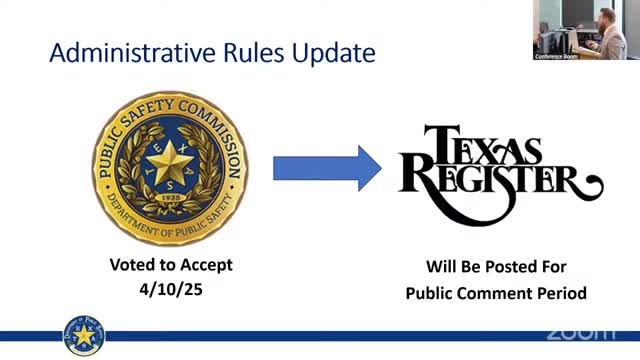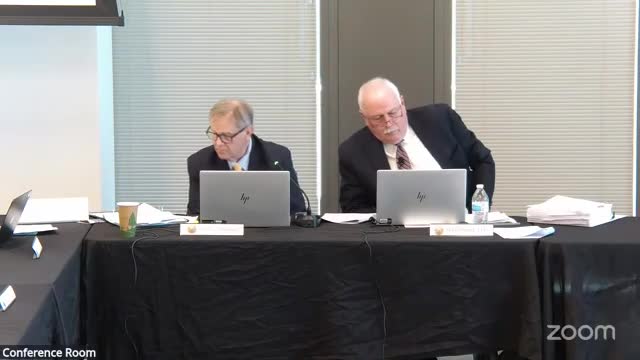Article not found
This article is no longer available. But don't worry—we've gathered other articles that discuss the same topic.

Commission adopts minimum blind verification requirement for firearms comparisons

Commission adopts investigative report on altered proficiency form; staff recommends disciplinary action

DPS selects vendor for statewide records portal; rules cleared for Texas Register

State labs flag QIAGEN cartridge problems after spike in low/no-DNA results; vendor quality process under review

